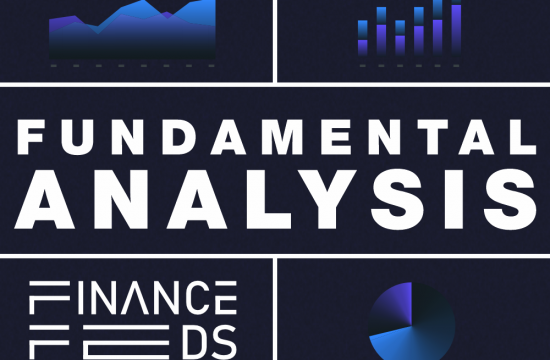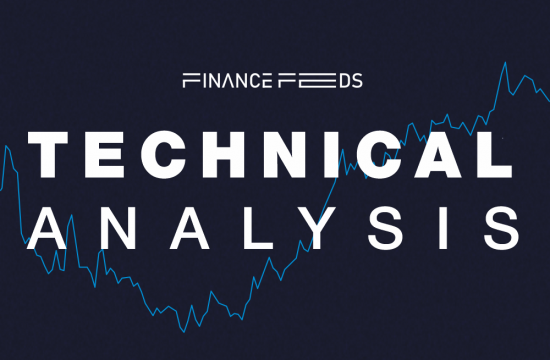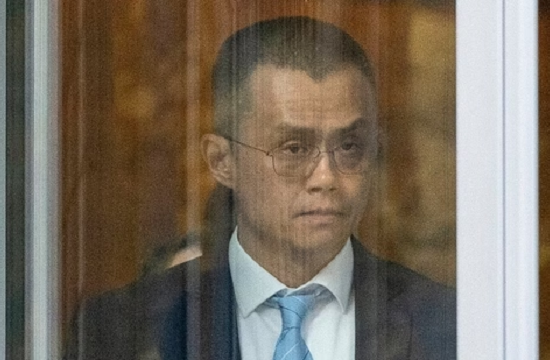Hong Kong’s financial watchdog, the Securities and Futures Commission (SFC), has banned a former account executive of Emperor Securities from re-entering the industry for two years after he was convicted of conducting unauthorized trades from client accounts.
The SFC’s investigation found that on several occasions between June 2013 and February 2018, Cheung Man Chit had submitted false client documents and information to Emperor. Further, he falsely claimed that he witnessed the client’s signature while opening an account for him when in fact he didn’t.
Emperor’s records showed that Cheung transferred around $3.2 million of client money through his personal bank accounts using incorrect payment information he inserted in the company’s system. On top of that, he made unauthorized trades on behalf of a client without obtaining the proper authorization.
Cheung did not report the unauthorised transactions to Emperor and also failed to keep a proper record of the clients’ instructions, which were sent to him. And when the company’s compliance department asked him to obtain written approval from the client, as well ratifying the previous trades, the former executive failed to either contact or follow up on the matter with the client.
The violation occurred while he was a registered representative with SFC under the Securities and Futures Ordinance to carry on Type 1 (dealing in securities) and Type 2 (dealing in futures contracts) regulated activities and accredited to Emperor. Following the regulator’s decision, Cheung is no longer licensed by the SFC nor registered with the Hong Kong Monetary Authority.
Cheung acted contrary to the internal policy of his company whilst his conduct also fell short of the standard set out in the Code of Conduct, casting doubt on his fitness to be licensed, the SFC said.
The watchdog further stated that Cheung did not act in the best interests of his clients when he conducted the unauthorised trades in the account without permission, breaching the General Principle 2 and paragraph 7.1 of the Code of Conduct.












